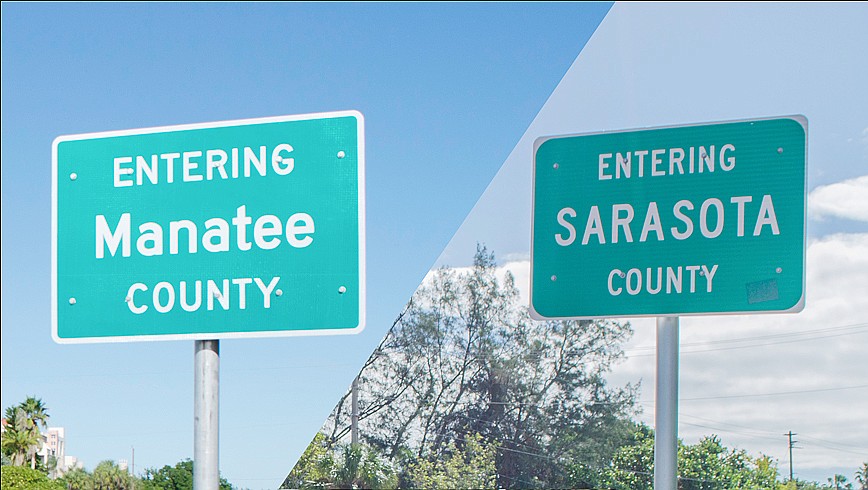- November 23, 2024
-
-
Loading

Loading

This is classic Tallahassee.
Every school district in the state is scrambling to figure out how to pay for and manage all of the mandates in the Marjory Stoneman Douglas High School Public Safety Act.
In typical fashion, lawmakers responded to the massacre in Parkland with a rush of legislation intended never to let such an incident occur again. This is what lawmakers do: They “do something.”
And in the process, while attempting to fix one problem, they create more problems. To wit: the Stoneman Douglas Act.
Lawmakers and Gov. Rick Scott touted their appropriating $400 million to a slew of programs intended to make Florida’s public schools safer. One of the many provisions of the law requires each elementary school to hire one or more “safety school officers” at each of Florida’s nearly 2,400 public elementary and middle schools and one officer per 1,000 students at the state’s 610 high schools.
These are not just out-of-shape, private security guards. The law says they must be “certified law enforcement officers” employed by the school district or a law enforcement agency — and must comply with all state statutes regarding law enforcement.
The cost is one thing. Even with $75 million appropriated to the Florida Department of Education for safe schools (roughly $1.1 million per 67 county school districts), school districts all over the state say the mandate is adding anywhere from $750,000 to $3 million in annual local costs. And all over the state — including Manatee and Sarasota counties — the local school districts and county sheriff’s departments have sparred over whose budget will bear the costs.
So far, both county governments want the school districts to carry the costs. The Sarasota School District has gone so far as to elect to create and manage its own police department. So not only will the district be charged with educating children, it has opted to be a law-enforcement agency. Good luck with that.
Every government agency is all about protecting its turf and money. Taxpayers, meanwhile, look at it this way: Use our money, however much it takes, wisely and efficiently.
What’s more, public safety is one job; educating children is another. The two should not mix. Cooperate, yes. Mix, no.
It’s a disappointment in leadership that the counties and school boards can’t work together to do the right thing.